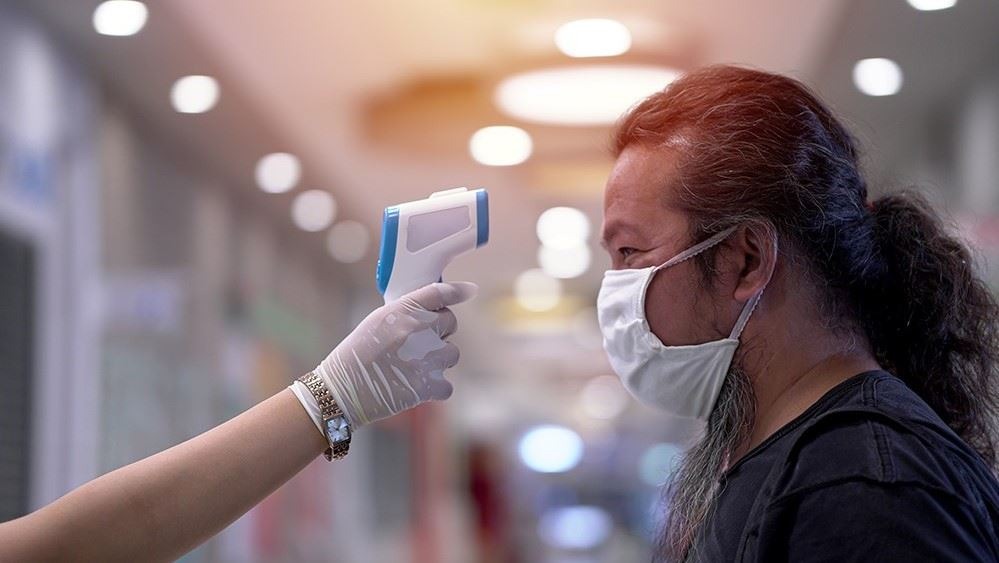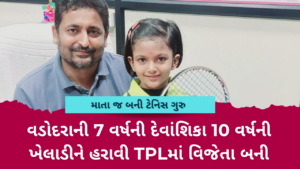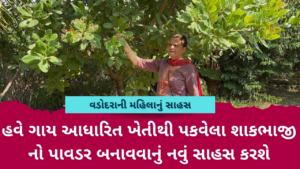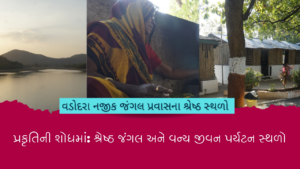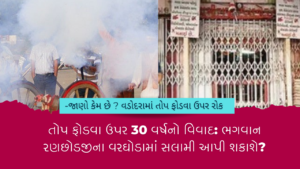On World Health Day, India’s Union Health Minister Mansukh Mandaviya held a video conference with state health ministers and senior officials to review the current situation of COVID-19 in the country. According to a chart presented in the meeting, the XBB1.16 variant of the coronavirus accounts for 38.2% of infections in India, up from 22.5% in March. The variant has been detected in several states, including Maharashtra, Delhi, Uttar Pradesh, Karnataka, and Kerala.
Health officials said that XBB1.16 is more transmissible than the original strain of the virus, and may also cause more severe symptoms and complications. They urged people to follow COVID-appropriate behavior, such as wearing masks, maintaining physical distance, and avoiding crowds, to reduce the risk of transmission. They also advised people to get vaccinated as soon as possible, as vaccines can provide protection against the variant and reduce the severity of illness.
In a separate medical bulletin, the Indian Council of Medical Research (ICMR) said that XBB1.16 has mutations in the spike protein of the virus, which may affect the binding of the virus to the ACE2 receptor in human cells. The bulletin also listed some common symptoms of the variant, such as fever, cough, fatigue, headache, sore throat, and loss of smell and taste. However, it cautioned that the symptoms may vary from person to person and that some people may be asymptomatic or have mild symptoms.
The bulletin also provided some precautions that people can take to avoid getting infected or spreading the virus, such as washing hands frequently with soap and water or using alcohol-based hand sanitizers, covering mouth and nose with a tissue or elbow while coughing or sneezing, avoiding close contact with people who are sick, and staying at home if one feels unwell or has been in contact with a COVID-19 patient. It also advised people to seek medical attention if they experience any symptoms or have any concerns about their health.
The bulletin further highlighted the importance of genomic surveillance and tracking of the virus, which can help identify new variants and monitor their spread and impact. It also mentioned the ongoing efforts to develop new vaccines and treatments that can target the emerging variants and enhance the immune response of the body.
The XBB1.16 variant, which was first identified in India in December 2021, has been classified as a variant of concern by the World Health Organization (WHO) due to its potential impact on global public health. The WHO has called for intensified surveillance and response measures to contain the spread of the variant and minimize its impact on healthcare systems and economies.
The surge in XBB1.16 cases comes amid a larger resurgence of COVID-19 in India, which has seen a steady rise in infections and deaths since February. As of April 7, India has reported over 15 million confirmed cases and more than 181,000 deaths due to COVID-19, making it the third worst-hit country in the world after the United States and Brazil. The country has also administered over 81 million vaccine doses, but only around 6% of the population has been fully vaccinated so far.
The government has stepped up its efforts to control the spread of the virus, including by imposing night curfews, lockdowns, and travel restrictions in some states, and accelerating the vaccination drive. However, experts have warned that more needs to be done, such as ramping up testing and contact tracing, enhancing healthcare infrastructure, and promoting COVID-appropriate behavior, to contain the spread of the virus and prevent another devastating wave.

